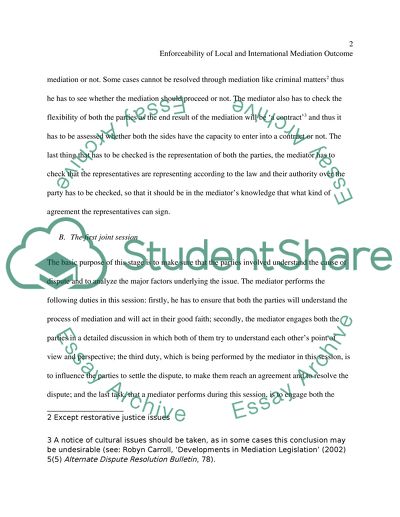Cite this document
(“Enforceability of international and local mediation outcome Assignment”, n.d.)
Retrieved from https://studentshare.org/law/1400560-enforceability-of-international-and-local
Retrieved from https://studentshare.org/law/1400560-enforceability-of-international-and-local
(Enforceability of International and Local Mediation Outcome Assignment)
https://studentshare.org/law/1400560-enforceability-of-international-and-local.
https://studentshare.org/law/1400560-enforceability-of-international-and-local.
“Enforceability of International and Local Mediation Outcome Assignment”, n.d. https://studentshare.org/law/1400560-enforceability-of-international-and-local.


